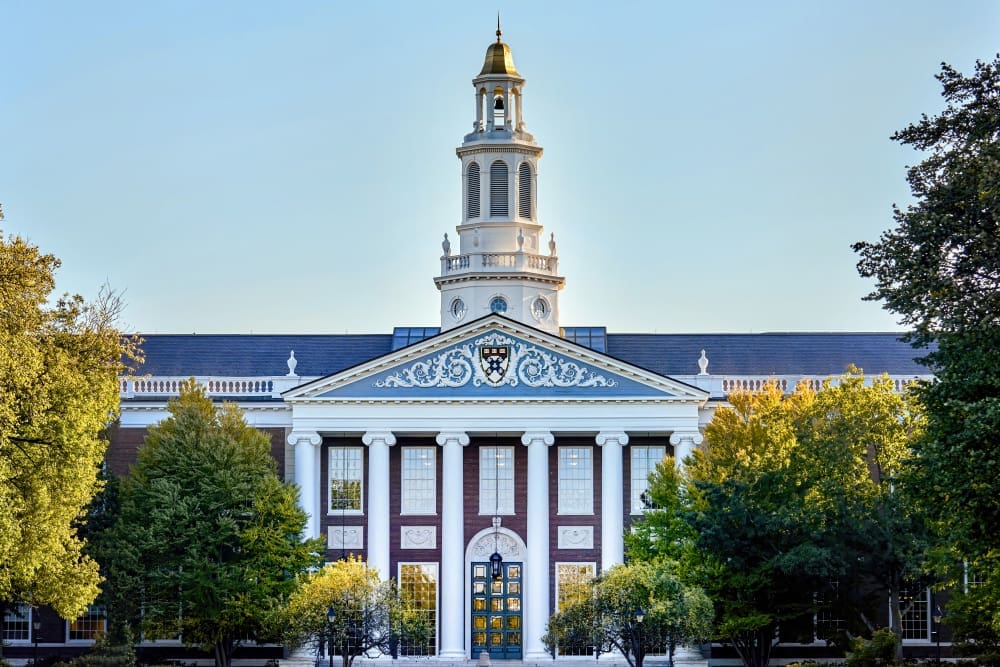Colleges across the United States are increasingly facing the unexpected revocation of visas for some of their international students, raising alarms over what appears to be intensified government scrutiny. Although visas can be revoked for multiple reasons, academic leaders indicate that the government has been quietly terminating students’ legal residency statuses with minimal notice to either the students or their educational institutions. This shift from previous practices leaves students vulnerable to detention and deportation.
Several prestigious universities, including Harvard, Stanford, the University of Michigan, UCLA, and Ohio State University, have reported incidents where students’ legal statuses have been terminated. While the administration has focused on students involved in pro-Palestinian activism, such as the detention of Mahmoud Khalil, a green card holder and protest leader at Columbia University, many universities are noticing visa cancellations even among students without ties to activism. Some cases cite minor infractions like traffic violations, while other reasons remain unclear, prompting colleges to seek clarification.
Many college officials and students have only become aware of these changes when they check a federal database detailing immigration status updates. Students seeking to study in the U.S. must fulfill various requirements to obtain a student visa, typically an F-1 visa. This process includes gaining admission to a U.S. school and undergoing an application and interview at an embassy or consulate. Students must demonstrate financial capability and maintain good academic standing, with work limitations off-campus during their studies.
The State Department manages entry visas, while the Student and Exchange Visitor Program under the Department of Homeland Security oversees international students’ legal statuses once they arrive in the U.S. College leaders learned about the revocations when checking a Homeland Security database. Traditionally, visas were only revoked when schools reported students falling out of status.
Historically, students with revoked visas could maintain legal residency to complete their studies, although they could not leave and re-enter the U.S. without reapplying for a visa through the State Department. However, losing legal residency now requires immediate departure from the country to avoid detention by immigration authorities.
Concerns among higher education leaders suggest that these developments might deter international education in the U.S., with the lack of clarity about revocation criteria fostering fear among students. Public actions by Immigration and Customs Enforcement and the Department of Homeland Security, such as removing students from their homes or workplaces, typically occur only in security-related cases.
Colleges are attempting to reassure students by seeking federal explanations and advising on travel precautions, including carrying essential immigration documents. University leaders express growing uncertainty and anxiety, emphasizing the need for thoughtful preparation and response amid these unprecedented times.
The Tangible Impact
- Increased scrutiny and visa revocations could deter potential international students from choosing U.S. institutions, impacting their diversity and financial stability.
- Current students may experience heightened anxiety and uncertainty, affecting their academic performance and personal well-being.
- Universities might need to allocate additional resources to support affected students, including legal advice and emotional support services.
- Communities with significant international student populations could witness economic impacts, as students contribute to the local economy through housing, shopping, and dining.
- Broader diplomatic relations may be strained if countries perceive these actions as unfriendly towards their citizens, potentially influencing future international collaborations and exchanges.














